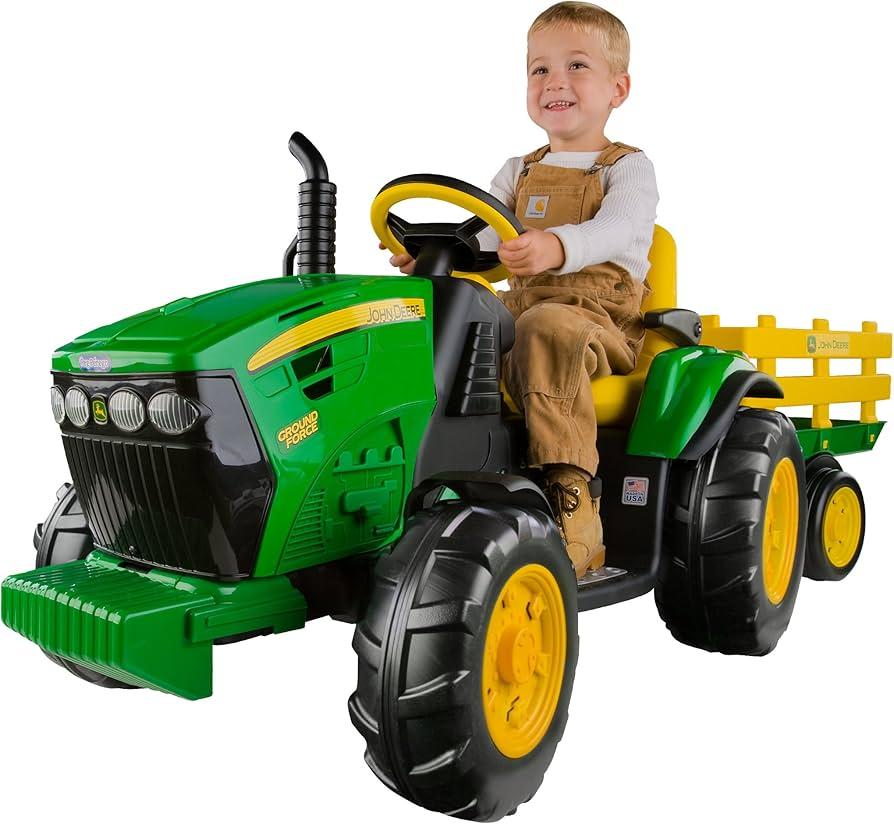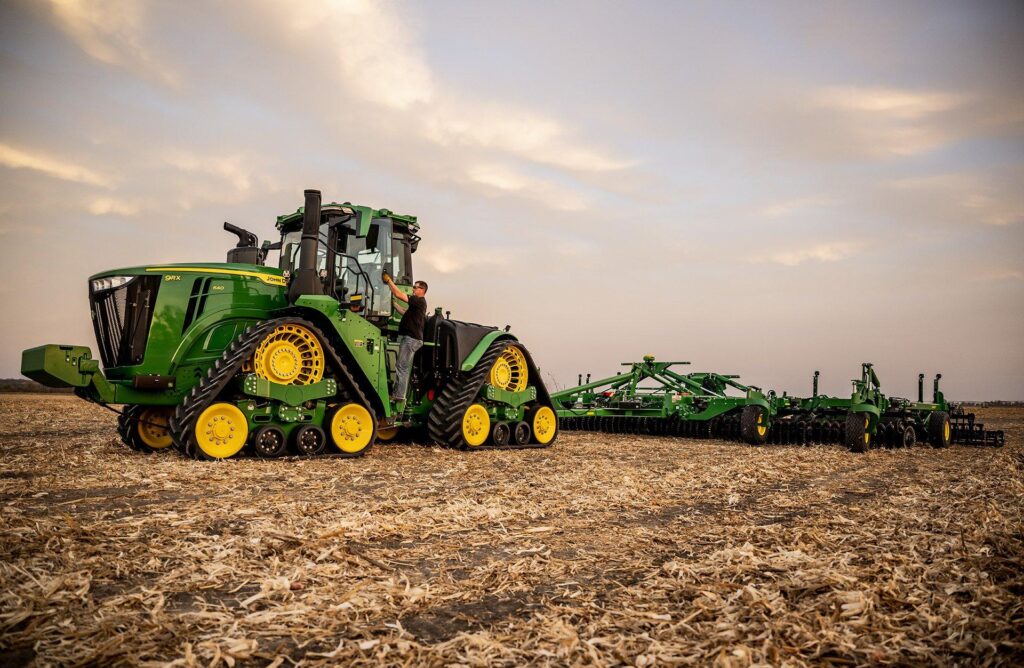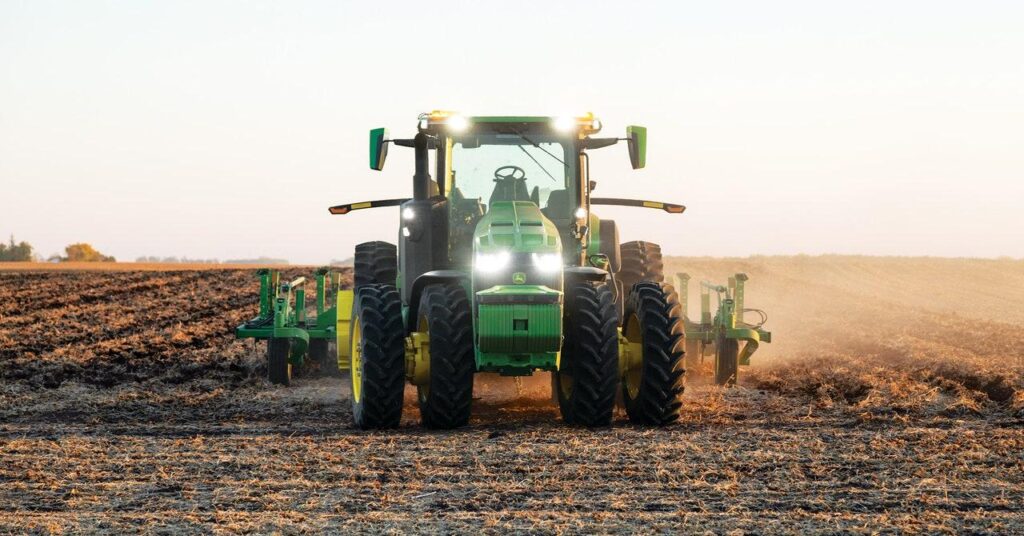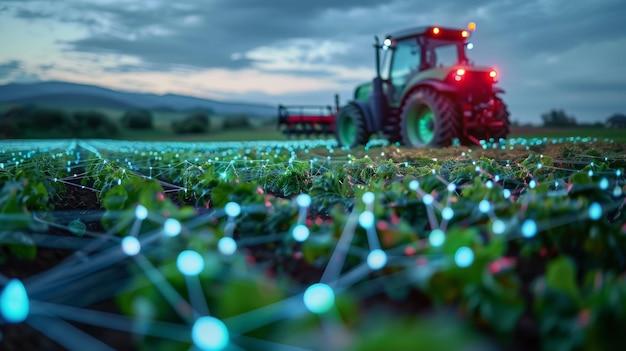The agricultural machinery market is experiencing an unexpected shift as conventional tractor sales decline amid growing adoption of autonomous farming technologies. Recent industry reports indicate a 15% decrease in conventional tractor purchases across major markets,while investments in self-driving and AI-enabled farming equipment continue to rise. This trend marks a significant transition in how farmers approach mechanization and field operations, driven by labor shortages and the promise of increased efficiency. The agricultural machinery market is experiencing a notable shift as traditional tractor sales decline amid growing interest in autonomous farming solutions. recent market data reveals a 15% decrease in conventional tractor purchases across North America and Europe during the past fiscal year, while investments in self-driving agricultural technology have surged by 28%.
Farming equipment manufacturers are adapting to this changing landscape by redirecting their research and development efforts.Industry leaders like John Deere and CNH Industrial have significantly expanded their autonomous vehicle divisions, allocating substantial resources to develop AI-driven farming solutions. These companies are responding to increasing demand from large-scale agricultural operations seeking to optimize efficiency and reduce labor costs.
The evolution of GPS guidance systems, computer vision, and machine learning algorithms has enabled tractors to operate with minimal human intervention. Modern autonomous systems can plant, spray, and harvest with precision accuracy, operating 24 hours a day when conditions permit. This technological advancement has prompted many farmers to reassess their equipment needs and investment strategies.
Small and medium-sized farms are notably affected by this market transformation. While autonomous technology offers compelling benefits, the initial investment costs remain prohibitive for many operations. Traditional tractor manufacturers are witnessing decreased sales in their mid-range equipment segment, as farmers either postpone purchases in anticipation of more affordable autonomous options or opt for equipment-sharing programs.
the shift is also influenced by changing demographics in the agricultural sector. As younger farmers take over operations, they show greater willingness to embrace technological solutions. This generational transition coincides with increasing labor shortages in rural areas, making autonomous equipment more attractive to farm managers.
Environmental considerations play a role in this market evolution.Autonomous tractors typically demonstrate superior efficiency in fuel consumption and precision request of agricultural inputs, resulting in reduced environmental impact. These systems can optimize field patterns, minimize soil compaction, and apply resources with greater accuracy than human operators.
Agricultural equipment dealers are adapting their buisness models in response to these changes. Many are expanding their service departments to include software technicians and data analysts, while reducing their inventory of traditional tractors. Dealerships report growing interest in hybrid solutions that combine conventional equipment with autonomous capabilities.
The trend indicates a broader transformation in agriculture,where data-driven decision-making and automated operations are becoming standard practice. Industry analysts project this shift will accelerate over the next decade, with autonomous technology perhaps becoming the dominant force in agricultural machinery by 2030. Despite the current dip in traditional tractor sales, the overall agricultural equipment market continues to grow, driven by technological innovation and changing farming practices.



